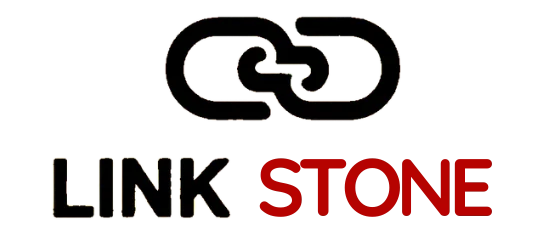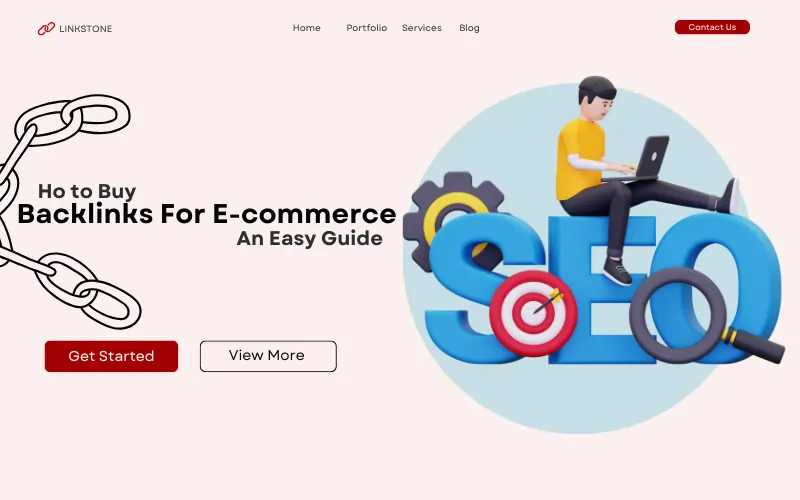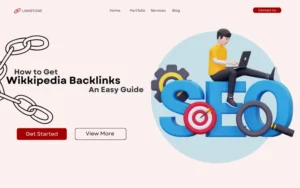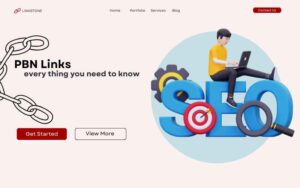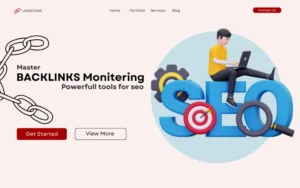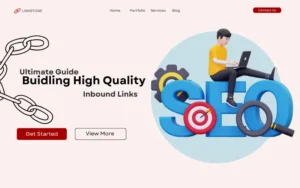Running an e-commerce store is highly competitive. Whether you sell fashion, tech gadgets, or beauty products, ranking high in Google search results can determine your success. Backlinks play a critical role in improving visibility, driving qualified traffic, and boosting sales. This guide explains why backlinks matter for e-commerce SEO, the challenges online stores face, and proven strategies to build high-quality links that deliver results.
Why Backlinks for E-commerce Matter in SEO
Backlinks work as a vote of confidence in the eyes of search engines. When trusted websites link to your store, it tells Google that your products or content are worth ranking higher. This increased visibility can dramatically improve organic sales.
They also help in establishing your brand authority. The more your e-commerce store appears on niche blogs, media publications, or resource sites, the more credible your business looks to potential customers. This credibility often leads to higher click-through rates and better customer trust.
How Backlinks Boost Product and Category Page Rankings
Backlinks act as a vote of confidence for your content. For e-commerce, they increase the visibility of category pages (e.g., “Men’s Hoodies”) and product pages, ensuring more buyers discover your listings.
The Role of Authority Links in Driving Sales
A single backlink from a trusted fashion magazine or tech blog can outperform dozens of low-quality links. Authority sites not only pass stronger SEO value but also drive targeted buyers who are more likely to convert.
Challenges in E-commerce Link Building
Building backlinks for e-commerce isn’t as straightforward as it sounds. Most product pages are thin on content, making it harder to attract natural links compared to blogs or news sites.
Another challenge is that e-commerce sites rarely produce linkable assets like guides, case studies, or original research. Without valuable content, outreach campaigns often fall flat.
Finally, small and mid-sized stores face stiff competition from big brands that already dominate search results. These competitors have huge marketing budgets, making it harder for smaller stores to secure high-authority backlinks.
Thin Content on Product Pages
Most product pages include minimal details such as title, description, and price. This lack of content makes them unattractive for backlinks.
Lack of Linkable Assets
Stores that only showcase product listings without guides, blogs, or resources miss opportunities to attract natural links.
Competing with Big E-commerce Brands
Large online retailers like Amazon and ASOS dominate search results and naturally attract backlinks. Smaller stores must work harder to gain visibility.
Proven Link Building Strategies for E-commerce Stores
To compete effectively, focus on white-hat strategies that attract relevant and sustainable backlinks.
Creating Data-Driven Product Guides
Develop comprehensive buying guides such as “10 Best Hoodies for Winter” or “How to Choose the Right Running Shoes.” Including data and statistics increases credibility and linkability.
Using Visual Content Like Infographics & Videos
Infographics, product comparison charts, and explainer videos are highly shareable. They make your brand stand out and encourage backlinks from blogs and social media.
Offering Free Samples for Blogger & Influencer Reviews
Partner with influencers or niche bloggers. Sending free products in exchange for an honest review is an effective way to gain backlinks and social proof.
Publishing Guest Posts on Niche Authority Blogs
Guest posting remains a reliable method to earn quality links. Focus on niche-relevant blogs where your target audience is active.
Leveraging Digital PR and Press Releases
For new product launches or brand milestones, submit press releases to online publications and news outlets. PR-driven backlinks provide authority and exposure.
Outreach Tactics to Earn High-Quality Backlinks
Partnering with influencers and niche bloggers is one of the best ways to build backlinks. Their audiences trust their recommendations, and a single link from them can create both SEO and sales benefits.
Cold outreach, when done right, can still deliver excellent results. Instead of generic pitches, personalize your emails, explain the value you bring, and keep the message concise. People are far more likely to respond to a tailored pitch than a mass email.
Reclaiming unlinked brand mentions is another low-hanging fruit. Many blogs or forums may already talk about your products without linking back. A quick email request can easily convert those mentions into backlinks.Effective outreach separates successful campaigns from wasted efforts.
Partnering with Influencers and Niche Bloggers
Look for influencers with engaged audiences, not just high follower counts. Authentic collaborations often result in strong backlinks.
Cold Outreach Without Sounding Salesy
Personalise your outreach emails by referencing the recipient’s content and explaining how your resource adds value. Avoid generic “guest post request” pitches.
Reclaiming Unlinked Brand Mentions
Monitor mentions of your store using Google Alerts or Ahrefs. If your brand is mentioned without a backlink, politely request one.
Community and Engagement-Based Link Building
Participating in forums and Q&A platforms like Reddit and Quora helps establish your brand as an authority. By providing detailed, value-driven answers, you can naturally include links back to your resources or products. These communities reward authenticity, so focus on being helpful rather than overly promotional.
Building relationships through blog comments and networking may sound old-school, but it’s still relevant. Meaningful engagement with bloggers and industry experts often opens doors for collaboration and backlink opportunities. Over time, these relationships can evolve into long-term partnerships.
Participating in Forums and Q&A Platforms
Answer relevant questions on platforms like Reddit and Quora. Provide valuable insights while linking to your guides or resources when appropriate.
Building Relationships Through Blog Comments and Networking
Engage with industry bloggers by leaving thoughtful comments and networking on LinkedIn or Twitter. Relationship-building often leads to organic link opportunities.
Monitoring and Improving Your Backlink Profile
Tracking your backlinks with tools like Ahrefs, SEMrush, or Moz is essential. These tools help you see where your links are coming from and whether they are positively influencing your rankings.
Not all backlinks are created equal, and some can actually harm your site. Identifying and disavowing toxic or spammy links is critical to maintaining a healthy backlink profile. This process ensures your site remains in Google’s good graces.
You can also learn a lot from competitors’ backlink profiles. Analysing where they’re getting their links from helps you identify new outreach opportunities and refine your strategy for maximum impact.
Tracking Links with SEO Tools
Use tools such as Ahrefs, SEMrush, or Moz to monitor new backlinks, anchor text distribution, and referring domains.
Identifying and Disavowing Toxic Links
Low-quality or spammy links can harm rankings. Use Google’s Disavow Tool to protect your site.
Learning from Competitors’ Link Profiles
Analyse where competitors earn backlinks and identify opportunities to pitch better content or collaborations.
Final Thoughts: Quality Over Quantity
When it comes to link building for e-commerce, chasing hundreds of low-quality links won’t take you far. Search engines prioritize quality and relevance, so a handful of strong, niche-relevant backlinks will outperform dozens of weak ones.
The real key lies in creating value-driven content, building genuine relationships, and staying consistent with your efforts. Backlink building is a long-term investment, but one that can significantly boost your sales and brand visibility when done right.
FAQs on E-commerce Backlink Building
What’s the best way to build backlinks to product pages?
The best approach is to create supporting content like buying guides, tutorials, or case studies that naturally link to your products. Outreach and influencer reviews can also directly link to product pages, making them more discoverable.
Can I buy backlinks for my online store?
Buying backlinks is risky and can lead to penalties if done carelessly. However, investing in legitimate guest posting or partnerships with reputable websites is a safer and more effective long-term strategy.
Do backlinks still matter for e-commerce SEO?
Yes, backlinks remain a major ranking factor. They not only improve search engine rankings but also send targeted referral traffic to your store, which can directly impact sales.
How long does it take to see results from link building?
Results vary depending on the competitiveness of your niche and the authority of the backlinks you earn. On average, it can take 3–6 months to see significant improvements in rankings.
Are directory backlinks still effective in e-commerce?
Most directory backlinks have lost their value, but niche-specific directories or trusted platforms can still help. Focus on quality over quantity and avoid spammy directories altogether.
